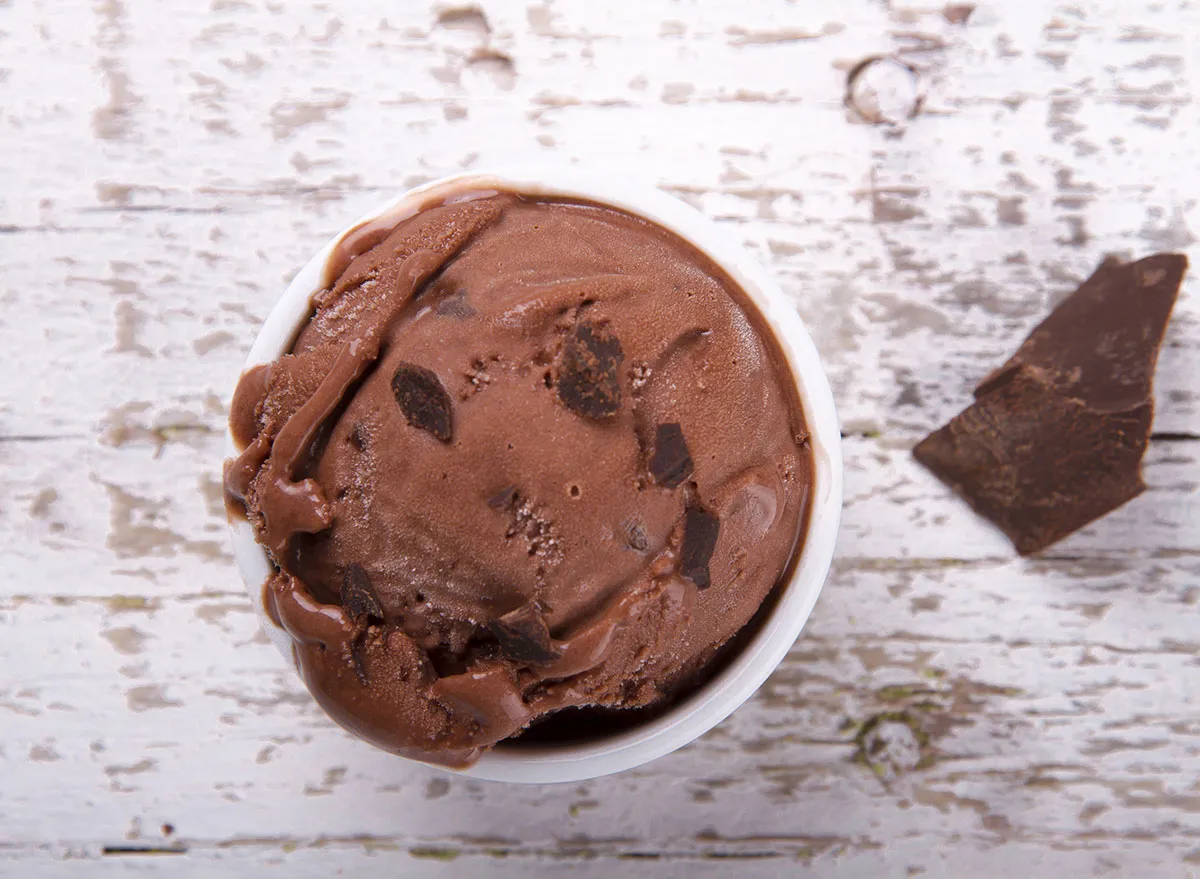Popular Diets That May Cause Lasting Damage to Your Heart, According to Science

Heart disease is the leading cause of death both in the U.S. and globally, with an estimated 655,000 Americans dying of the disease each year. While studies have found that losing weight may help reduce the risk of certain cardiovascular disease risk factors, including high cholesterol and hypertension, not all diets are created equal when it comes to your heart health. In fact, certain diets may actually cause damage to your heart over time. Read on to discover which diets could be putting your heart in danger. And if you're ready to make over your diet for the better, check out The 7 Healthiest Foods to Eat Right Now.
Keto

While there may be countless people who sing keto's praises for allowing some adherents to lose weight fast, the high-fat diet could have lasting effects on the health of your heart. Research published in the journal Laboratory Investigation found that a single high-fat meal increased concentrations of cholesterol, free fatty acids, and triglycerides in the bloodstream while reducing flow-mediated dilation—the ability of an artery to expand due to increased blood flow—in the brachial artery, all of which can increase a person's risk of cardiovascular disease.
Your risk may be even higher if you're eating a diet rich in red meat—according to a 2020 study published in The BMJ, among a group of 43,272 adult men without cardiovascular disease at the beginning of the study, eating red meat and processed red meat were associated with 12% and 15% increases in cardiovascular disease risk, respectively.
Paleo diet

The paleo diet may claim to improve a person's whole-body health in addition to aiding their weight loss efforts, but research suggests that this way of eating may not be as heart-healthy as many assume it to be.
A 2019 study published in the European Journal of Nutrition found that, among a sample group of 44 dieters, individuals who stuck to various permutations of a paleo diet had increased levels of gut metabolite trimethylamine N-oxide (TMAO), which has been linked to a higher risk of heart disease.
The mono diet

The mono diet—a way of eating in which you eat only one particular food for a period of time—may seem like a simple way to lose weight, but it could have serious ramifications in terms of your heart health. Depending on the foods you choose, you could actually be causing cardiovascular damage—if your poison's red meat, you could be increasing your risk of heart disease biomarkers, and if you're consistently eating only fruit, the same may hold true. According to a 2019 study published in Mayo Clinic Proceedings, consuming high levels of fructose—a type of sugar found in fruit—is associated with a greater risk of death from cardiovascular disease.
Juice fasting

Juice fasting may be touted as an easy way to drop pounds fast, but it's not worth the risk to your heart. Research published in the European Heart Journal in 2018 found that fructose consumption may increase a person's risk of developing both cardiometabolic syndrome and cardiovascular disease. Oxalate, a compound found in many fruits and vegetables, has also been linked to kidney stones, which may increase a person's risk of developing heart disease, according to 2013 research published in the American Journal of Kidney Diseases. And for more reasons to cut the sweet stuff from your diet, check out these 5 Reasons You Should Stop Drinking Juice, According to Dietitians.
The ice cream diet

The ice cream diet may sound like a dream: you simply eat ice cream and lose weight. Unfortunately, if it sounds too good to be true, that's probably because it is. According to a 2014 study published in JAMA Internal Medicine, there's a significant link between the consumption of foods with added sugar, like ice cream, and cardiovascular disease risk. What's more, a 2004 study published in The Israel Medical Association Journal found that a person's risk of having a cardiac event was significantly higher in the hours following a heavy meal—and we're pretty sure downing a pint of ice cream qualifies as one. Want to make your next indulgence a little healthier? Check out our ranking of the 37 Best and Worst Diet Ice Creams.








